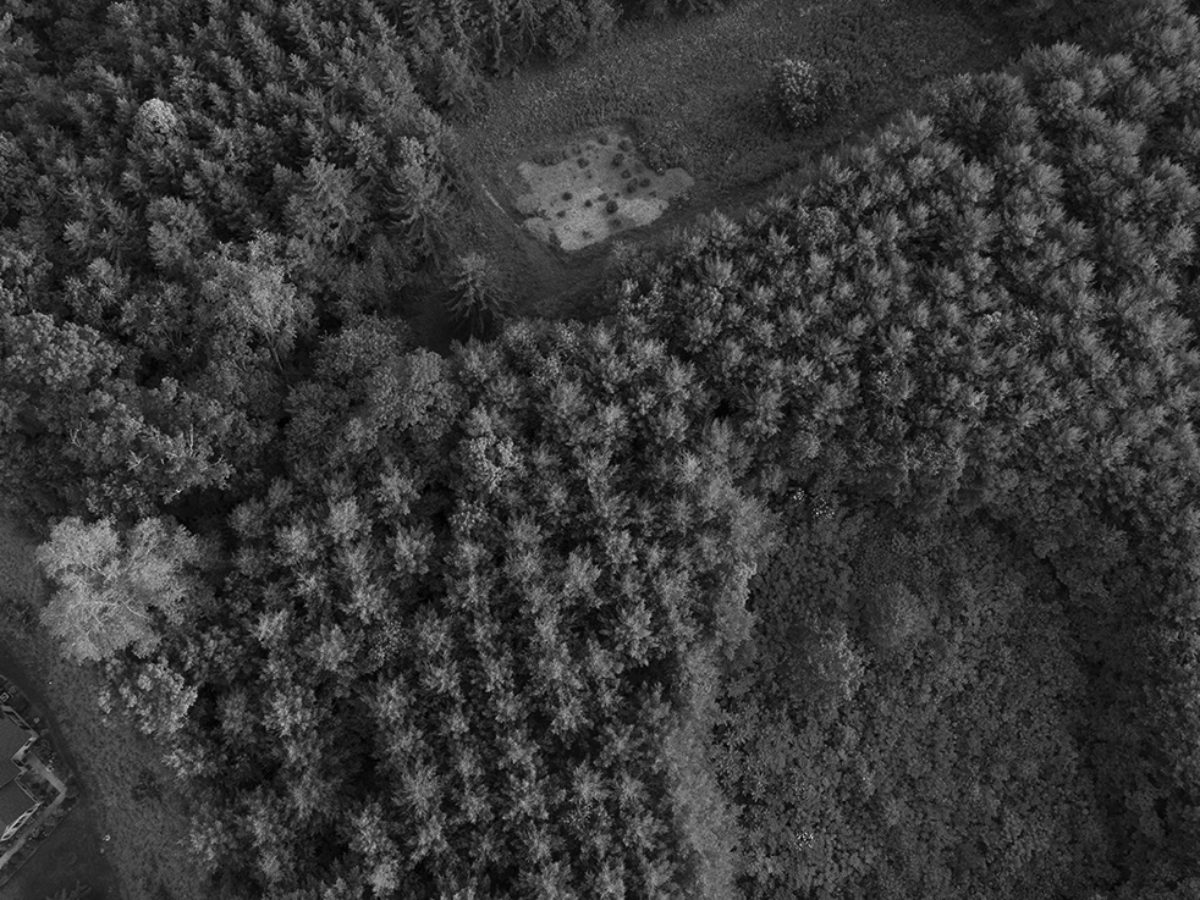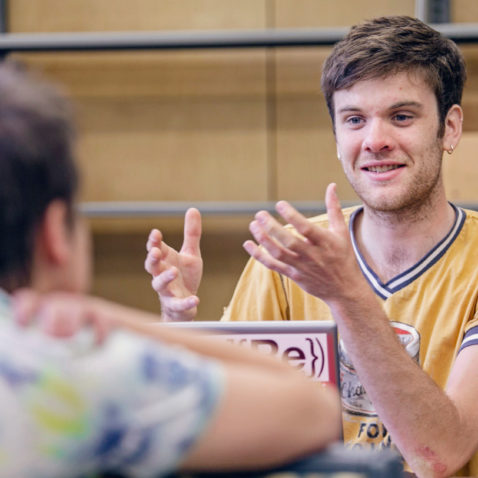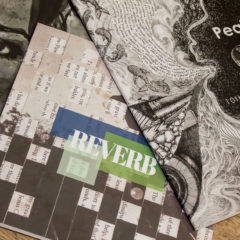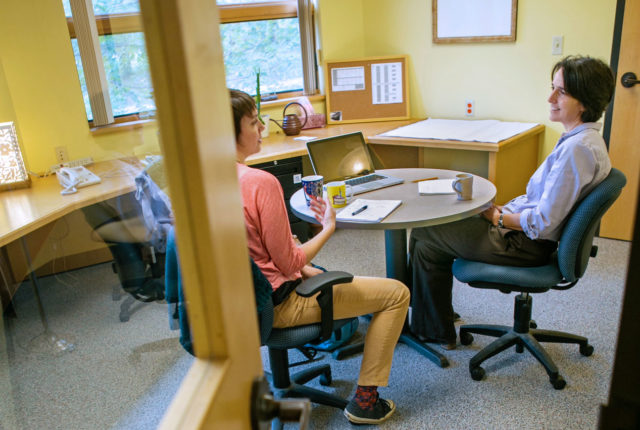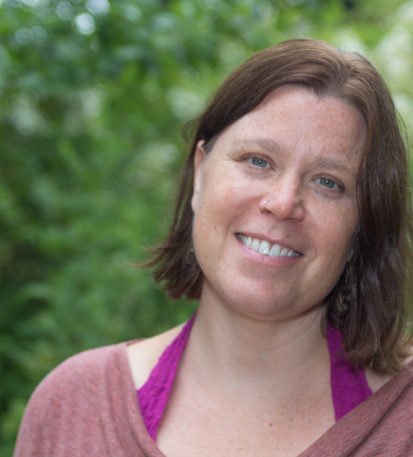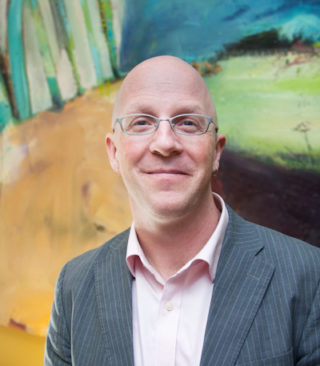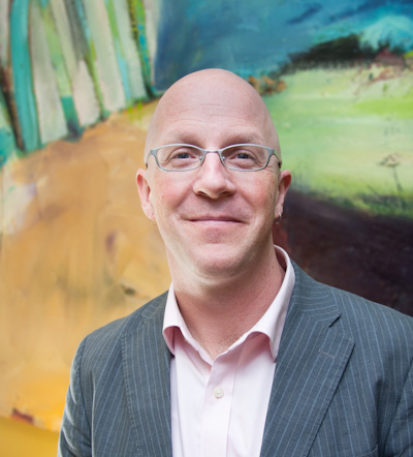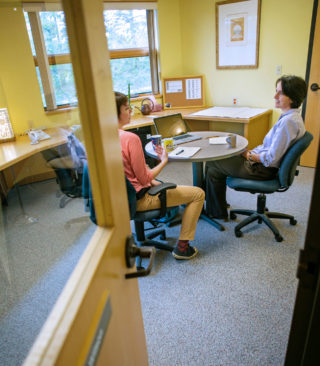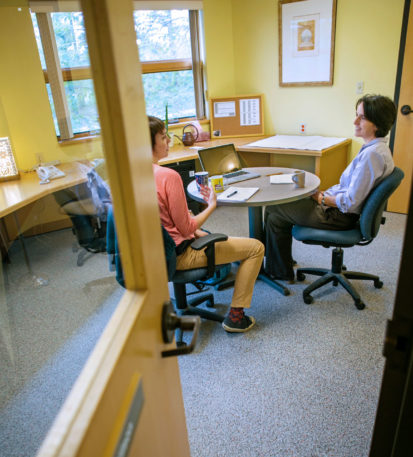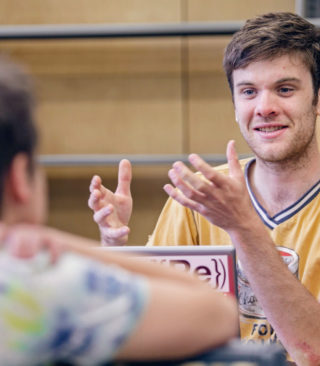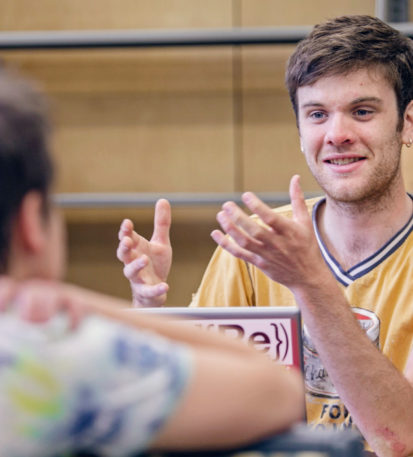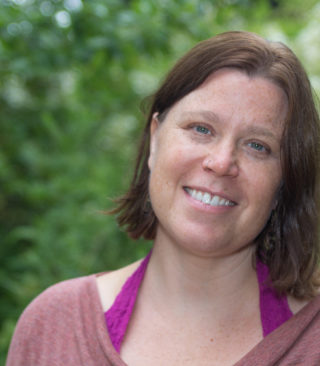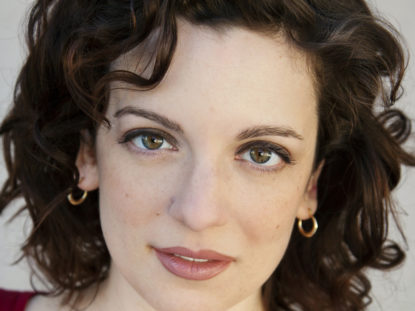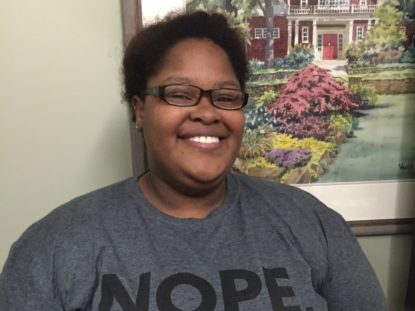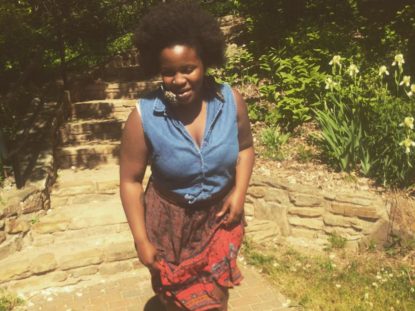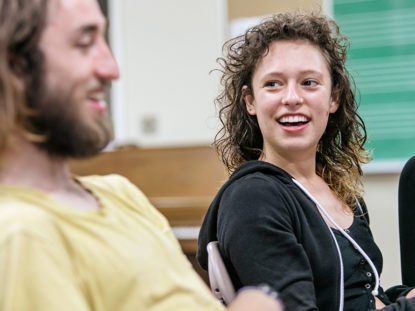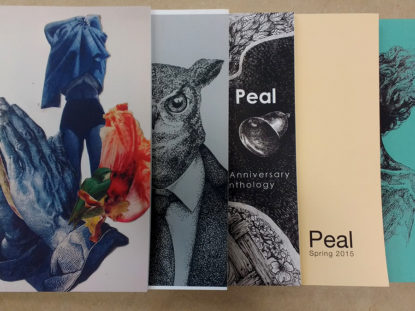BA MAJOR & MINOR
What You’ll Study
We all have a voice and our own unique set of ideas we want to share. Our Creative Writing program dives deep inside to unlock your ability to craft those stories the world needs to hear. You’ll learn the challenges and techniques involved in creating original work as you refine your personal style. And you’ll practice responding to the work of others, including your classmates and published authors.
Writings will focus on two of these genres:
- Fiction
- Creative non-fiction
- Poetry
We’ll look back at classic English literature to teach you themes, narrative style, rhetorical devices, and cultural context that can enhance your work. Ultimately, you’ll improve your writing and develop techniques, skills, and understanding necessary to be a successful writer.
A Close Community of Writers
Literary critique is an essential skill for a professional writer, and a cornerstone of the Warren Wilson program. Even when it makes you uncomfortable, you’ll learn to give and receive constructive feedback and use it to improve your work. You’ll get to know the individual styles of fellow students, faculty, and authors and learn to bring outside perspectives to characters in your own writing. And there are plenty of opportunities to share your work, through open mic nights, poetry slams, literary magazines, newspapers, and journals.
World-Renowned Authors
There’s a strong relationship between the undergraduate creative writing program and Warren Wilson’s nationally top-rankedMFA Program for Writers. Although the MFA residencies take place when the college is not in session, a small group of undergraduate creative writing majors have the opportunity each January to attend MFA lectures and readings. Undergraduate writers benefit as well from the week-long visit each year from one of the MFA faculty. The MFA Writer-in-Residence teaches classes, leads a workshop, gives a reading, and holds manuscript conferences with senior creative writing students. This access provides a one-of-a-kind opportunity for Warren Wilson undergraduates.

